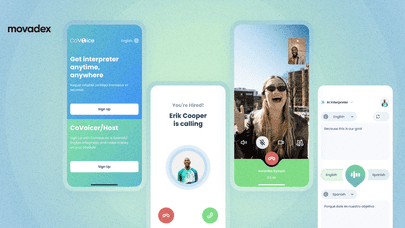Persuasion is the process of influencing the attitudes, beliefs, or behaviors of others through the use of communication. It can involve a variety of techniques and strategies, and is often used in marketing, sales, politics, and other fields. The psychology of persuasion is the study of the mental and emotional processes that underlie persuasive communication. Researchers in this field have identified a number of factors that can affect the effectiveness of persuasion.
Reciprocity
People are more likely to be persuaded by others who have done them a favor or who have shared similar interests or values.
Authority
People are more likely to be persuaded by individuals who are perceived as experts or authorities in their field.
Scarcity
People are more likely to be persuaded by offers that are perceived as rare or limited in availability.
Social proof
People are more likely to be persuaded by the actions and opinions of others, especially when they are similar to themselves.
Liking
People are more likely to be persuaded by individuals who they like or who they feel are similar to them.
Consistency
People are more likely to be persuaded by messages that align with their existing beliefs or values.
Commitment
People are more likely to be persuaded by requests that follow on from previous commitments or actions.
Emotion
People are more likely to be persuaded by messages that appeal to their emotions, especially if the emotions are strong and positive. By understanding these psychological factors, marketers, salespeople, and others can craft more effective persuasive messages and strategies.
The psychology of persuasion is an important aspect of business
It can help companies effectively communicate with and influence the attitudes, beliefs, and behaviors of their customers and stakeholders. Here are some specific ways in which the psychology of persuasion can be important in business:
- Marketing and advertising: Companies can use persuasive techniques to effectively communicate the benefits and value of their products or services to potential customers. This can help to increase sales and drive business growth. - Sales: Salespeople can use persuasive techniques to convince potential customers to make a purchase or take a desired action. Understanding the psychology of persuasion can help salespeople tailor their approach to the needs and motivations of individual customers. - Customer service: Companies can use persuasive techniques to effectively resolve customer complaints and build stronger relationships with their customers. This can help to increase customer loyalty and satisfaction. - Negotiation: Understanding the psychology of persuasion can help businesses negotiate more effectively with suppliers, partners, and other stakeholders. It can also help them navigate conflicts and resolve disputes. The psychology of persuasion is a valuable tool for businesses that want to effectively communicate and influence the attitudes and behaviors of their customers and stakeholders. By understanding and applying key principles of persuasion, companies can better achieve their business goals and build stronger relationships with their customers and partners. It is difficult to predict the exact future of the psychology of persuasion, as it is influenced by a variety of social, economic, and technological factors. However, it is likely that the field will continue to evolve and adapt to new developments in the business world and beyond.




